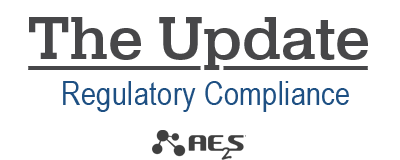The U.S. Environmental Protection Agency (USEPA) announced plans to modernize the effluent limitations guidelines and standards (ELGs) on oil and gas extraction wastewater discharges to lower energy costs while supporting environmentally sustainable water reuse.
The regulatory review will evaluate modern technologies and management strategies to provide flexibility for produced water to be treated for beneficial reuse. USEPA lists the following potential ways oil and gas wastewater could be reused – Artificial Intelligence and data center cooling, rangeland irrigation, fire control, power generation, and ecological needs.
Under current regulations, discharge of treated wastewater is only allowed for agricultural and wildlife water uses in the western United States. In addition to prioritizing cost savings, USEPA’s rulemaking revisions will consider the following:
- Expanding the geographic scope where treated wastewater can be used and discharged in the U.S.
- Extraction of lithium and other critical minerals from produced water
- Discharging treated wastewater from centralized wastewater treatment facilities
USEPA will specifically be focusing on Subpart E of the current Oil and Gas Extraction Effluent Guidelines regulations at Title 40 Part 435 of the Code of Federal Regulations that were introduced in 1979. Learn more about the current Oil and Gas Extraction ELGs on the USEPA website.

